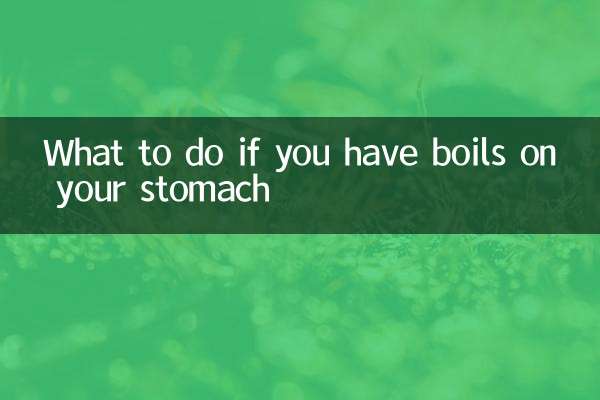Title: How to raise a puppy on its first day at home
Welcome new member to the family! The first day a puppy arrives home is an exciting yet challenging time. In order to help your puppy quickly adapt to the new environment, this article combines the hot topics and hot content on the Internet in the past 10 days to provide you with a detailed feeding guide.
1. Preparation work

Before taking your puppy home, you need to make the following preparations:
| thing | use |
|---|---|
| kennel | Provide a comfortable and safe resting space for puppies |
| Food and water basins | Choose materials that are less likely to tip over, such as stainless steel or ceramic |
| dog food | Consult the original owner or pet store to choose dog food suitable for the puppy's age and size. |
| Toy | To help puppies relieve anxiety, teething toys are especially important |
| Pee pad or dog toilet | Training puppies to defecate at designated spots |
2. Things to note when bringing a puppy home
1.Maintain a quiet environment:Puppies may feel nervous when they first arrive in a new home, so try to minimize noise and interruptions from strangers.
2.Avoid bathing immediately:Bathe your puppy after he has adapted to the new environment to avoid health problems caused by stress reactions.
3.Observe health status:Check whether the puppy's eyes, ears, nose and hair are clean, and seek medical attention promptly if there are any abnormalities.
3. Diet management
A puppy's diet requires special attention. Here is a reference list:
| age | Feeding frequency | food type |
|---|---|---|
| 2-3 months | 4-5 times a day | Soaked puppy food or milk cake |
| 3-6 months | 3-4 times a day | puppy food |
| More than 6 months | 2-3 times a day | Puppy food or adult dog food |
4. Training and socialization
1.Fixed-point bowel training:From the first day the puppy arrives home, guide it to defecate in a fixed place and reward it in time.
2.Basic instructions:Gradually train simple commands such as "sit" and "wait" to enhance interaction.
3.Socialization:After vaccinations are complete, introduce your puppy to other dogs and humans to help him socialize.
5. Health and Safety
1.Vaccination:Consult your veterinarian and get vaccinated on time to prevent infectious diseases.
2.Deworming:Regularly conduct internal and external deworming to ensure the health of your puppy.
3.Security protection:Dangerous items at home (such as wires and medicines) need to be kept away to prevent puppies from accidentally eating them.
6. Frequently Asked Questions
1.What should I do if my puppy barks at night?Maybe it's separation anxiety, so put a piece of clothing with your scent next to the dog's bed.
2.What should I do if my puppy doesn’t eat dog food?Try soaking in warm water or changing flavors to avoid feeding human food.
3.What should I do if my puppy bites the furniture?Provide teething toys to correct bad behavior in a timely manner.
Conclusion
Your puppy will need your patience and careful attention on its first day at home. With scientific methods and lots of love, your puppy is sure to grow up healthily and become an indispensable member of the family!

check the details

check the details